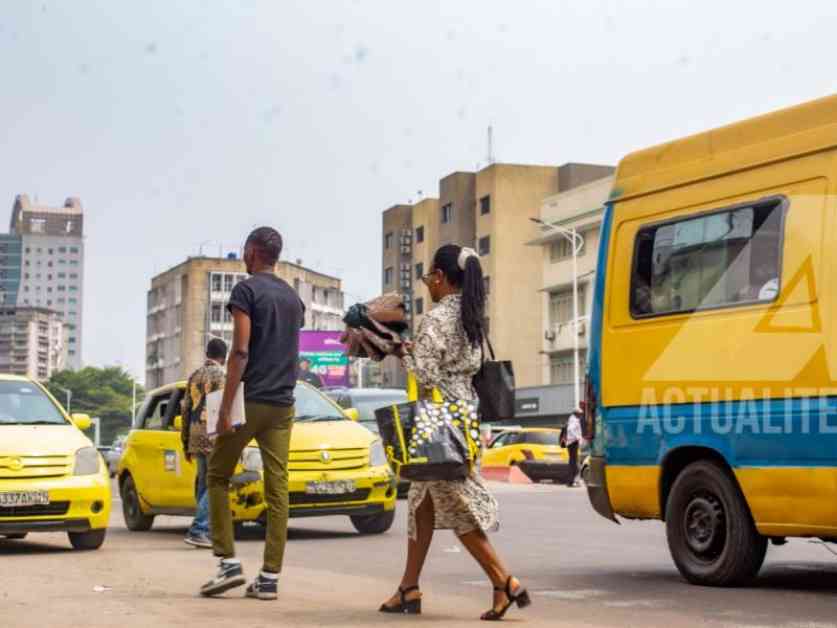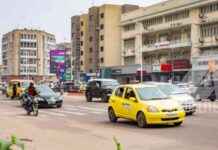Transport Tariff Grid in Kinshasa: Drivers Support New Tariffs but Raise Concerns
In Kinshasa, a new transport tariff grid has been causing a stir among drivers and passengers alike. On Monday, January 13th, residents of the capital city faced challenges getting to their destinations due to the implementation of the new fare system by the city council. While some drivers of buses and taxi-buses have welcomed the new tariff grid, others have raised concerns about the road conditions and traffic jams affecting their ability to earn a living.
Driver Perspectives on the New Tariff Grid
During a visit to bus stops in the Matete district, drivers expressed mixed feelings about the new tariff grid. While acknowledging the importance of laws in governing a country, drivers highlighted the issue of traffic congestion and the poor state of roads in the city. Nsita Kabutu, a driver on the Matete-Victoire route, emphasized the need for additional roads to alleviate traffic jams and enable drivers to meet revenue targets set by their employers.
Passenger Reactions and Suggestions for Improvement
Passengers like Fabrice have recognized the significance of the new tariff grid but expressed concerns about high fares and the challenges faced by drivers due to traffic congestion and road conditions. Fabrice called for collaboration between authorities and bus operators to reconsider fare structures that take into account the realities faced on the ground. He highlighted the impact of long travel times on both drivers and passengers, emphasizing the need for a balance between fare affordability and operational sustainability.
Compliance Measures and Enforcement of the New Tariff Grid
To ensure adherence to the new tariff grid, the provincial transport minister issued an order outlining specific fares for various routes within Kinshasa. Additionally, the governor implemented measures such as mandatory display of fares and routes inside vehicles, restrictions on passenger capacity, and prohibitions on certain practices by drivers. Violations of these regulations could result in fines ranging from $50 to $100.
In conclusion, while the new transport tariff grid in Kinshasa has elicited a range of responses from drivers and passengers, the need for addressing underlying issues such as traffic congestion and road conditions remains crucial for the effective implementation of the fare system. Collaboration between stakeholders, including drivers, passengers, and authorities, is essential to ensure a sustainable and equitable transport system in the city.

















